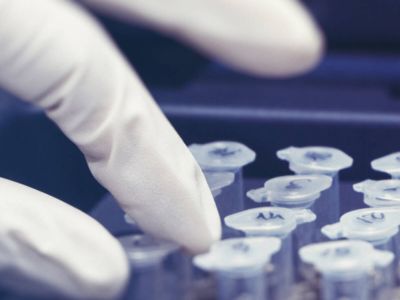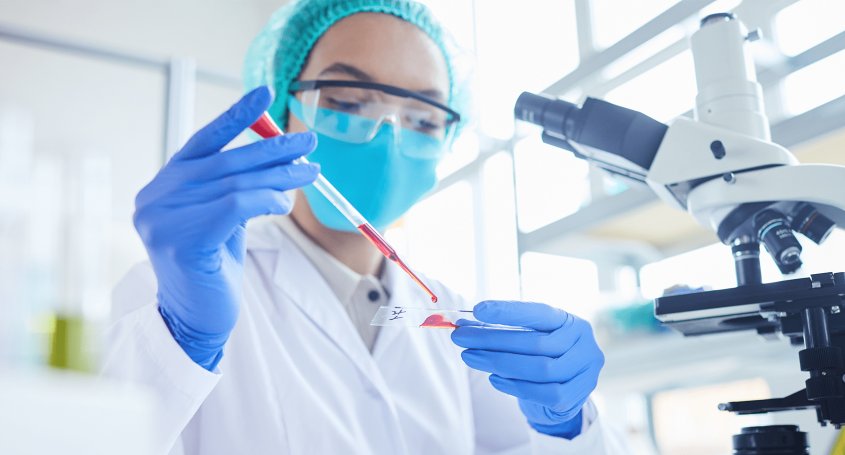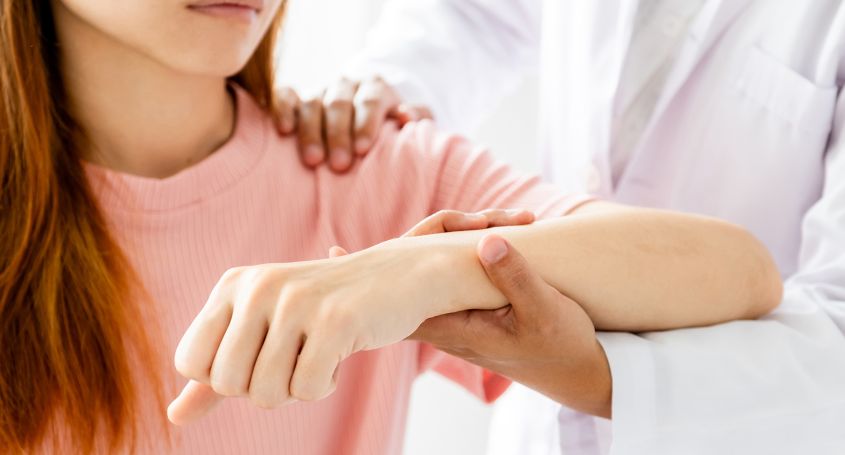Polycystic ovary syndrome (PCOS) is a pathology in which women have very high levels of hormones called androgens, which can lead to various health problems.
What problems are related to PCOS?
PCOS causes - mainly - menstrual irregularities, infertility, skin problems such as acne and increased hair, and an increase in the number of small cysts on the ovaries.
What are the causes of PCOS?
PCOS is linked to changes in hormone levels, although the reasons are not yet clear. The hormones affected are, on the one hand, estrogens and progesterone (female hormones that help in the release of eggs), and on the other hand, androgens (a male hormone normally found in small amounts in women).
How does this affect women's health?
In PCOS, a significant percentage of patients have irregular cycles, which translates into anovulatory cycles, in which ovulation does not occur, making it difficult in these cases to achieve pregnancy. This problem may contribute to possible infertility in women
Is there any treatment for the PCOS?
Since weight gain and obesity are common in women with PCOS, losing weight (even in small amounts) can help treat hormonal changes, as well as other related health problems.
On the other hand, there are also certain medications that can help alleviate symptoms. Birth control pills, especially, can be very helpful, as they help menstrual periods to be more regular, reduce abnormal hair growth, and improve acne if taken for a few months.
At Barcelona IVF we will be happy to help you if you think you may be suffering from PCOS, and we will offer you help and advice. Do not hesitate to call us!
















